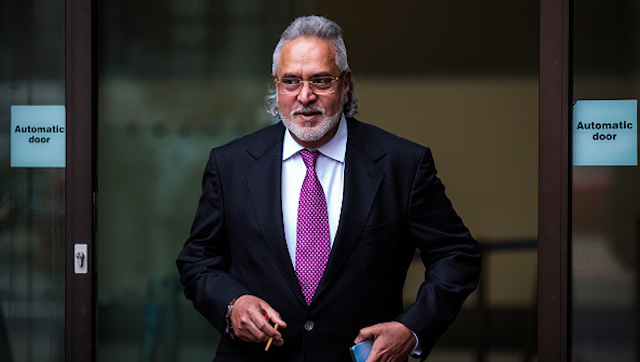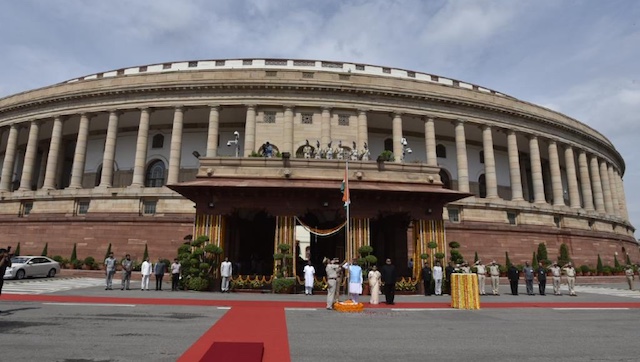The Serious Frauds Investigation Office (SFIO) has initiated a probe into the alleged fund diversions by the long-grounded Kingfisher Airlines to other group firms and has sought details from United Spirits, which once used to be the flagship company of Vijay Mallya.
The fact is that fund diversion by Mallya had been conclusively proved even earlier when the Kolkata-based United Bank of India (UBI) tagged Mallya as a wilful defaulter (a promoter who has the wherewithal to pay back but would intentionally not do so) in September 2014 for a brief while, only to cancel the action following the Kolkata High Court order.
Technically, banks tag a company and its promoter as wilful defaulter when there is solid evidence of financial misappropriation and fraud. In that sense, Kingfisher fund diversion is not news, even if SFIO confirms it.
But the larger question is why the reluctance on the part of banks and investigators on taking serious action on the promoter to recover the dues. Kingfisher owes over Rs 7,000 crore to a host of commercial banks, primarily state-run banks, including State Bank of India and United Bank.
Until this point, banks haven’t been able to make any meaningful recovery from Kingfisher, even though the carrier was grounded in late 2012, with accumulated losses of Rs 16,023 crore and negative networth of about Rs 12,919 crore as of end March 2013. Banks have adopted a soft approach in going against Mallya.
Lenders taken for a ride
Kingfisher is a classic example of how Indian banks are sitting ducks when it comes to wily promoters, who can take the lenders for a ride no matter what action is initiated by the banks, investigators and tax authorities.
In the case of Kingfisher, almost all agencies had initiated enquiries long back probing the charges of financial misappropriation, SFIO being the latest. But there hasn’t been any material progress in the case so far.
The disturbing point here is that the value of underlying assets offered by Kingfisher as collateral against the loan, such as the equity offered to the banks and physical assets, have deteriorated sharply over the years and chances of recovering even a fraction of the original loan amount appears nil.
On a closer look, the Kingfisher case highlights the larger problem Indian banks are finding themselves in, where recovery gets delayed for years either on account of judicial intervention and lack of consensus among lenders on the desired step against the defaulter.
Clearly, a substantial chunk of the Rs 300,000 crore bad loans in the banking sector emerges from cases like Kingfisher Airlines. But, banks are virtually not in a position to get back money from the defaulters.
Kingfisher is just one case. There are many similar ones. This is something industry experts have warned in the past.
In a recent interview with Firstpost, former chief executive of Arcil, the largest asset reconstruction company in the country, had said that it will be difficult for banks to recover money even with the prospects of economic recovery bright since there is a serious erosion in the value of the underlying assets.
Clearly, banks are partly at fault for not conducting proper risk assessment at the time of giving loan and the safety of collateral. Especially, in the case of Kingfisher, there are questions lenders should answer as to why banks kept increasing their exposure to the company, even when it had a deteriorating balance sheet.
The short point here and in many similar cases is that even though lenders are able to establish financial misappropriation by the promoter, like in the case of Mallya, they are unable to recover money.
SFIO probe, in the KLingfisher case, is re-confirmation of the financial fraud already identified by the lender consortium. The question is will banks ever get their money back from Mallya.
Chances appear less and ultimately, it is the taxpayers who bear the brunt, since the government is burdened with capitalising state-run banks to compensate for their losses.


)




)
)
)
)